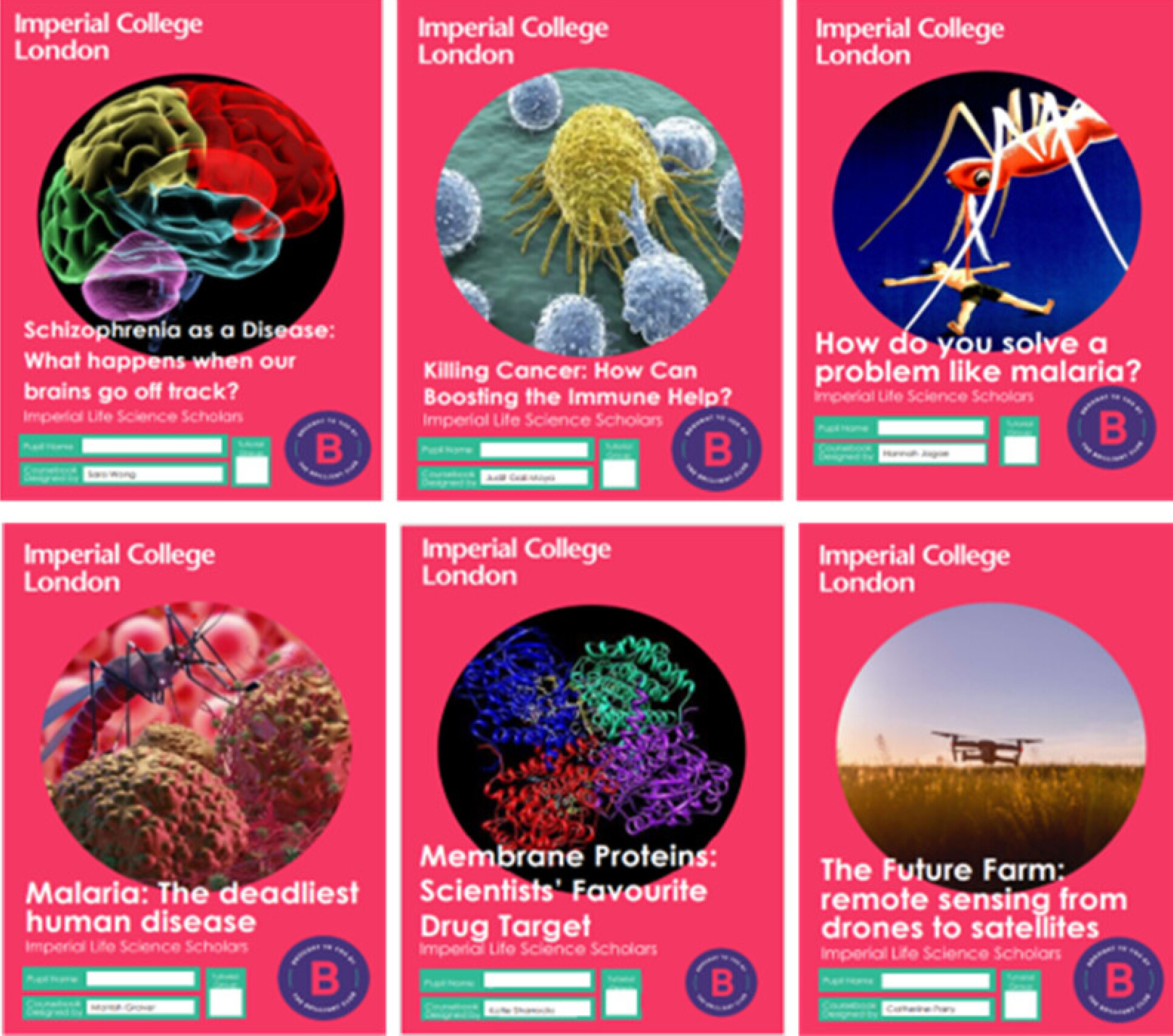Imperial Life Sciences Scholars sparks inspiration for university study
by Emily Govan

From 24– 28 July, the Department of Life Sciences welcomed 50 pupils to the Imperial Life Sciences Scholars virtual summer school.
The summer school, held in collaboration with the Brilliant Club, was held for year 12 pupils from non-selective state schools across the UK, giving them the opportunity to see what life as an undergraduate in the Department of Life Sciences is like. The event was specifically targeted at students from widening participation backgrounds.
Dr Catherine Mansfield, Strategic Teaching Fellow, Department of Life Sciences, coordinated the summer school. She said: ‘It was fantastic to be able to virtually welcome participants from across the country to the summer school and we hope to welcome some of them as undergraduates in the future. A big thank you to staff, tutors and ambassadors who made the week a success.’
The summer school involved a series of small-group tutorials, run by Life Sciences PhD students and post-docs (Judit Gali-Moya, Manish Grover, Hannah Jagoe, Catherine Parry, Katie Sharrocks and Sara Wong) alongside non-academic sessions. Tutorials emulated a university module and were designed by tutors based on their own research: topics included the malaria, remote sensing, schizophrenia, cancer immunology and membrane proteins. Following the summer school, students will complete a literature review on their Tutor's area of study.
"It was fantastic to be able to virtually welcome participants from across the country to the summer school and we hope to welcome some of them as undergraduates in the future." Dr Catherine Mansfield Strategic Teaching Fellow
Students also received skills sessions and talks to give them a greater sense of university life. The department’s Undergraduate Ambassadors were on hand daily for support and guidance. Every session had an amazing atmosphere due to the interest and eagerness of the students to develop and learn more of whatever was being delivered.
The programme received glowing feedback from attendees, with everyone who had contributed to the week going the extra mile to deliver an outstanding summer school. Students regularly commented on how it had deepened their passion for life sciences, given them a better understanding of university life and developed many key skills such as critical thinking and communication.
The vast majority of students commented that the experience has altered their expectations of the Department of Life Sciences - they were excited about the prospect of study and found the university environment more friendly than they had expected.
Thank you to everyone who led sessions and contributed to the success of the school. We hope to welcome many of the summer school participants to the department in the future.

By Amelia Barron and Emily Govan
Article text (excluding photos or graphics) © Imperial College London.
Photos and graphics subject to third party copyright used with permission or © Imperial College London.
Reporter
Emily Govan
Department of Life Sciences